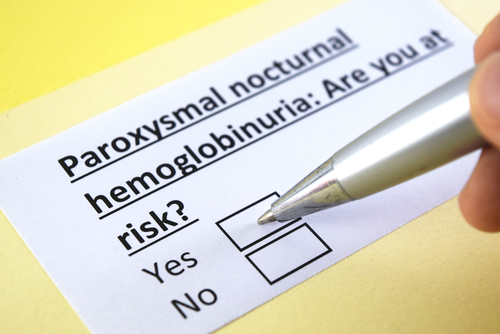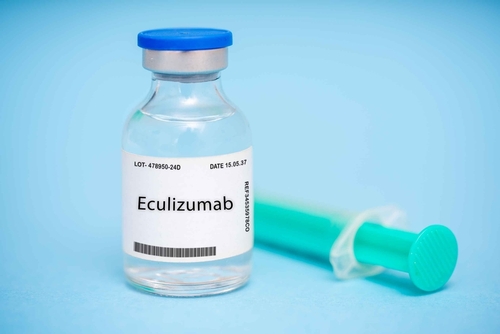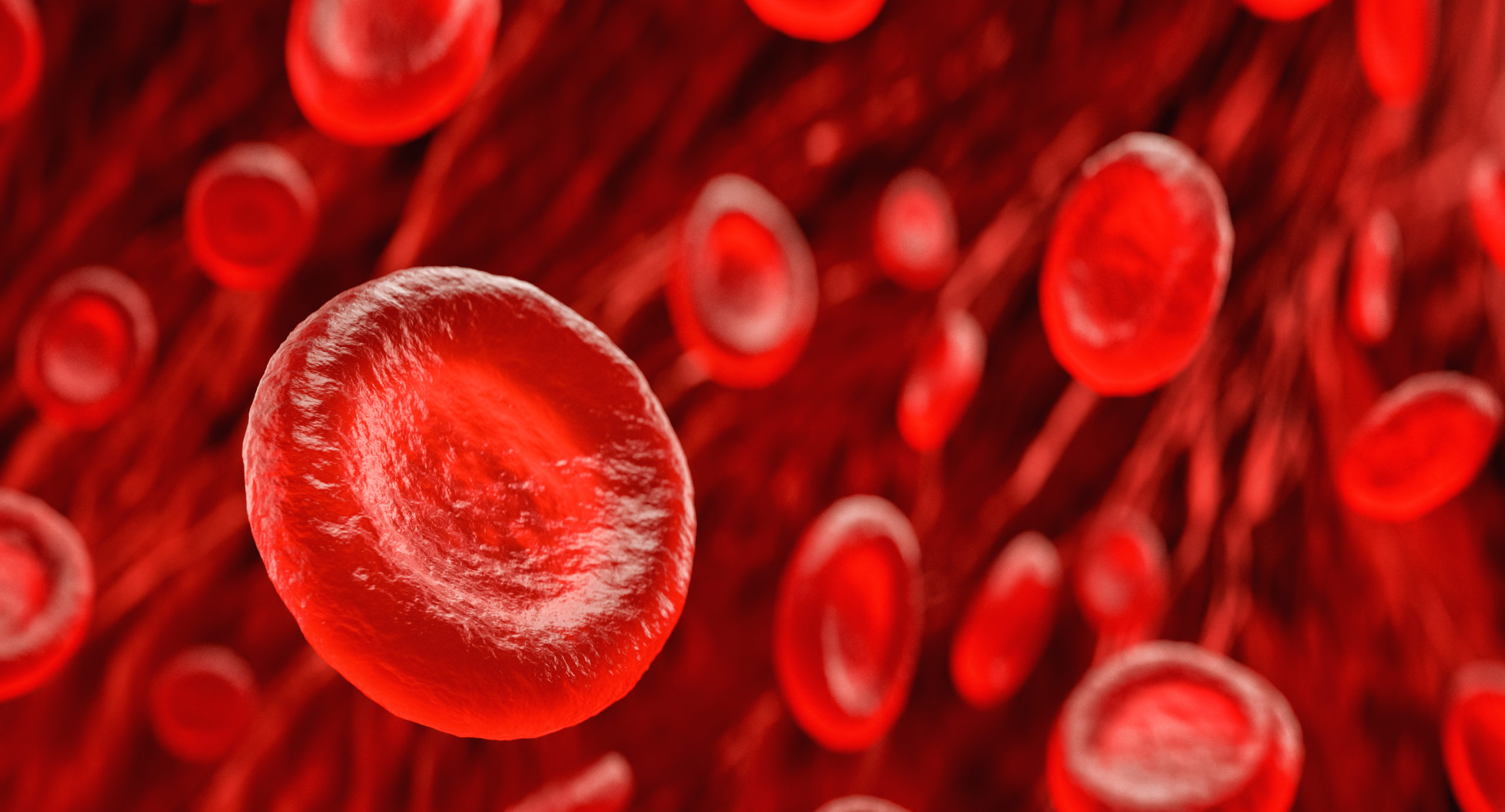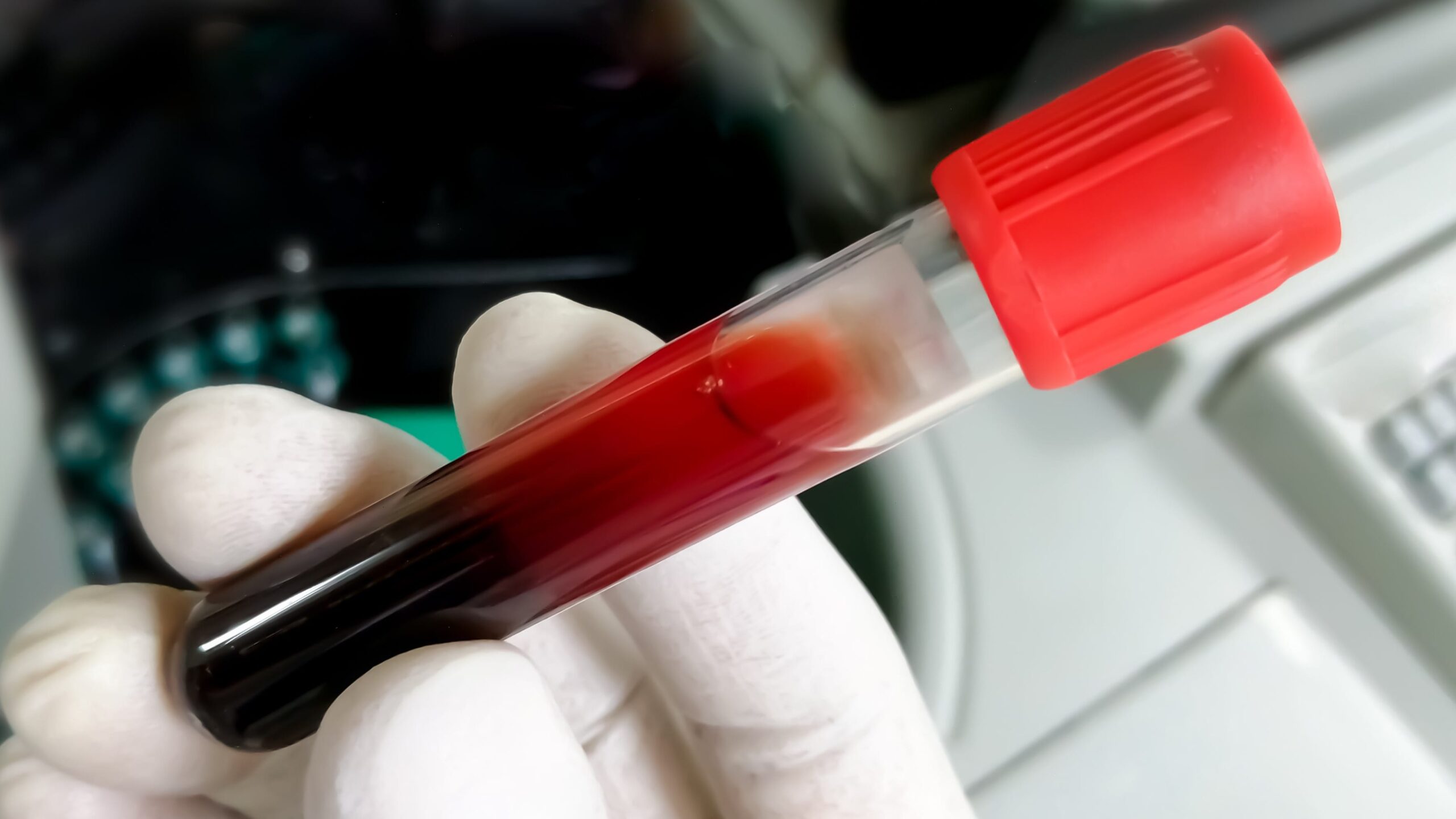Real-world Analysis of Pegcetacoplan in PNH with Hemolysis
By Patrick Daly, Morag Griffin, MBChB, FRCPath - Last Updated: March 14, 2024Morag Griffin, MBChB, FRCPath, at St. James University Teaching Hospital in Leeds, England, met with Heme Today to share findings from their real-world study on pegcetacoplan in patients with paroxysmal nocturnal hemoglobinuria (PNH).
“Since 2007 treatment has been available in some countries with eculizumab and ravulizumab and both of which are C5 inhibitors, and I’m pleased to say have transformed PNH from a life-threatening disorder to that of a chronic disease,” Dr. Griffin explained. “Patients with PNH on a C5 inhibitor can go on to develop extravascular hemolysis where red blood cells are loaded with C3, resulting in early removal by the liver and the spleen.”
Extravascular hemolysis is not life-threatening, but it can significantly impact quality of life, and around one-third of patients on a C5 inhibitor require transfusions while another third of patients are anemic, Dr. Griffin noted. Overall, the trial observed promising cessation of extravascular hemolysis via red blood cell and white blood cell clone counts.
Dr. Griffin also discussed components of PNH and its treatment that require further research, including the underlying mechanisms of hemolysis, “particularly if there’s not a complement activating event,” and how to identify which patients need treatment with dual complement inhibitors.
“Certainly identifying these patients and looking into why they need this is an area for future research,” Dr. Griffin added in closing.







 © 2025 Mashup Media, LLC, a Formedics Property. All Rights Reserved.
© 2025 Mashup Media, LLC, a Formedics Property. All Rights Reserved.